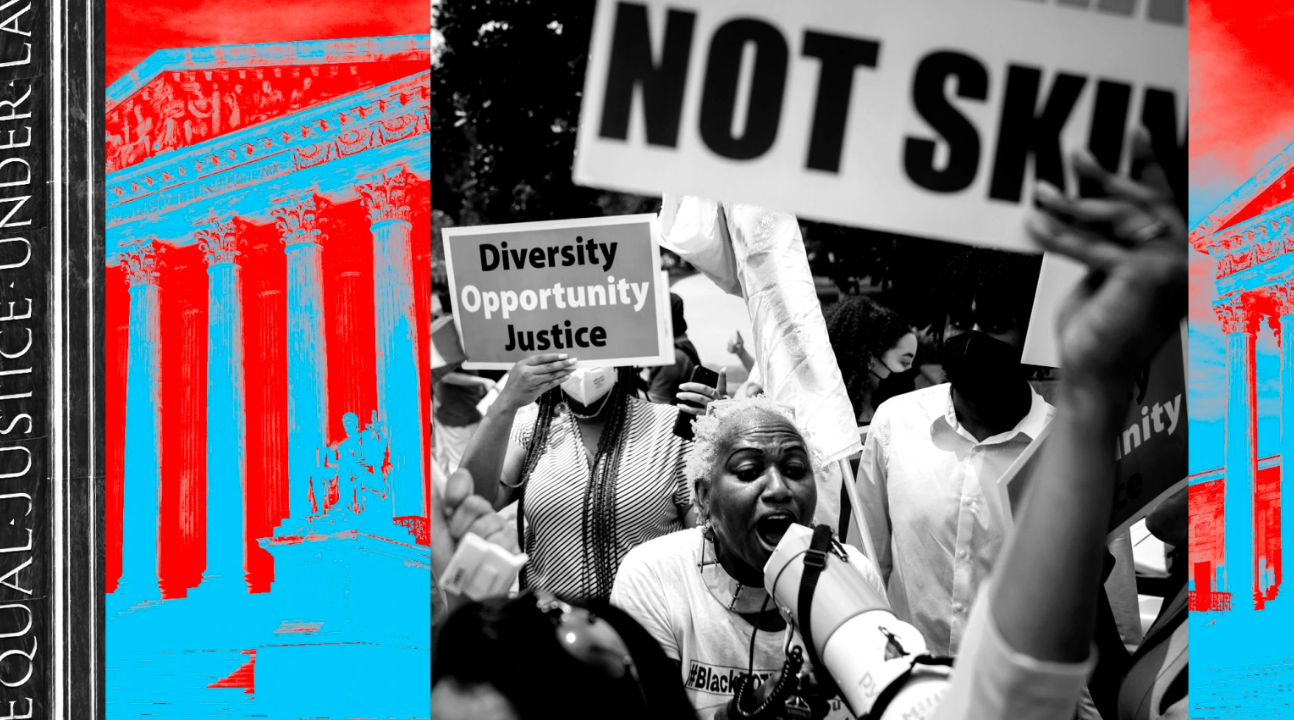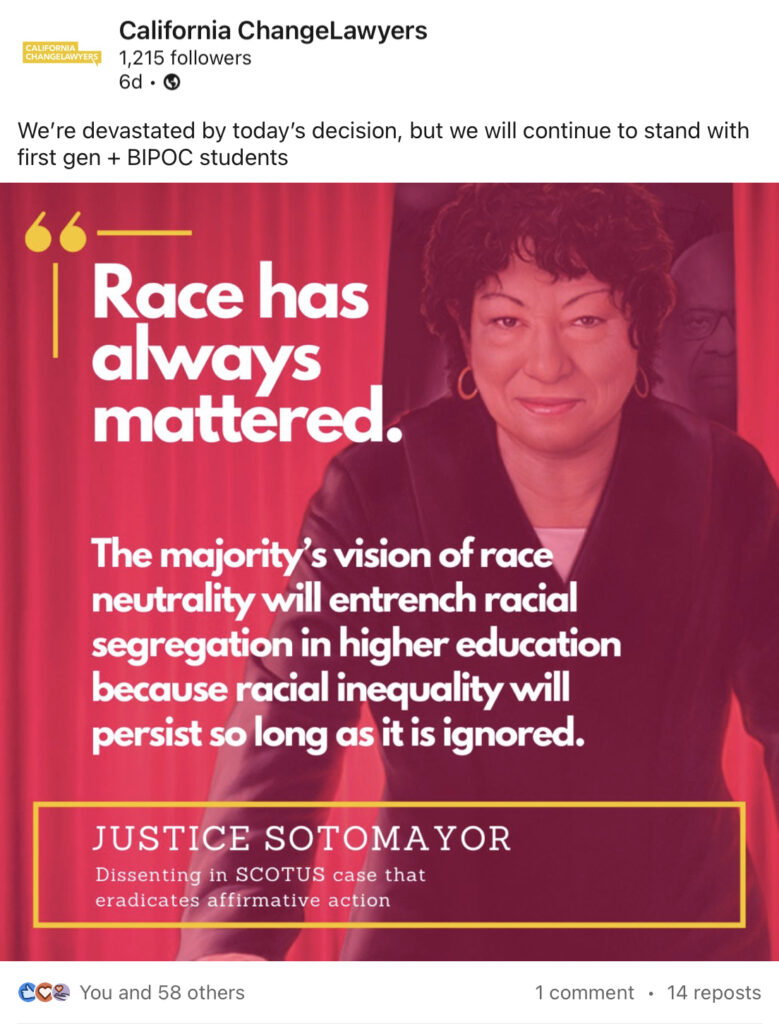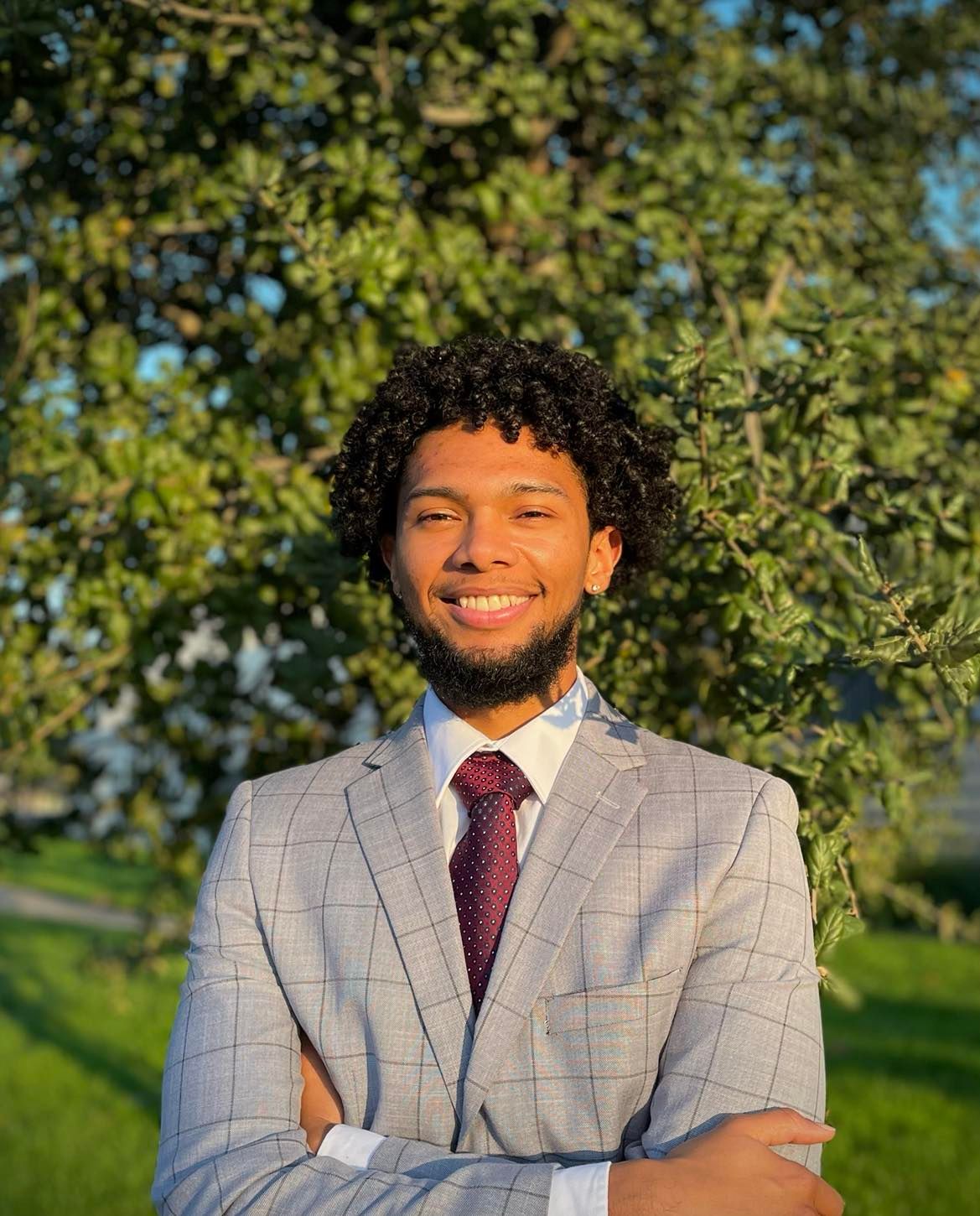"Race has always mattered"
Say It Louder
Share post on LinkedIn
Read more about how the Court’s decisions will affect students >
Op-ed by Law Professor Olympia Duhart. She is the Co-President of the Society of American Law Teachers (SALT). SALT was one of 22 organizations that joined Equal Justice Society and California ChangeLawyers in filing an amicus brief in SFFA supporting race-conscious admissions.
Justice Jackson is one of the sharpest thinkers of our time
More of This
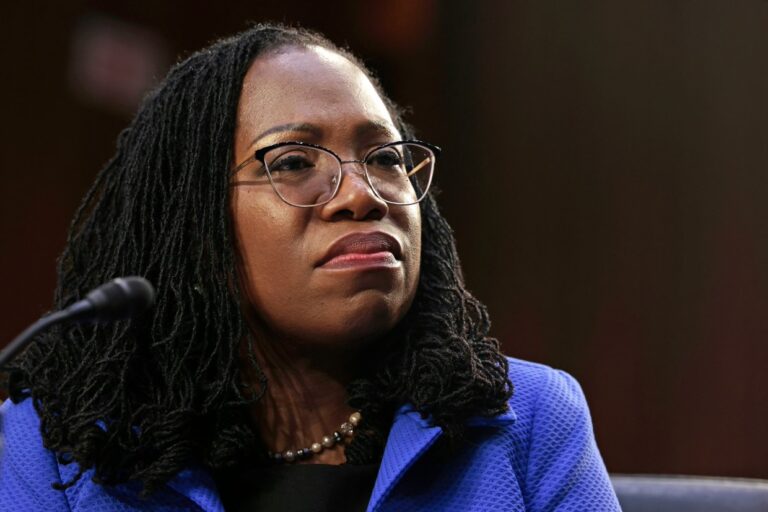
As demoralizing as last week’s Supreme Court decision effectively striking down affirmative action in higher education was for those of us who are realistic about the state of the country’s race relations, we saw in Justice Ketanji Brown Jackson a bright light. In her powerful dissenting opinion, the third African American on the court and the first African American woman provided a masterful account of race relations in the United States and an indictment of the myth of “color-blindness.”
Jackson’s dissent should be necessary reading for all Americans, especially those who have accepted the lie that race does not meaningfully affect American society. In a scathing criticism of her conservative colleagues, she provides an elegant history lesson —charting the policies and laws that upheld racial discrimination and deepened inequality in the United States. From Dred Scott v. Sandford (1857), which declared that an African American had “no rights which the white man was bound to respect,” to the Plessy v. Ferguson (1896) decision that codified Jim Crow and later racist practices such as redlining, Jackson enumerated some of the many ways Black people have been treated as second-class citizens.
Read the story on MSNBC
SCOTUS is keeping us poor and segregated
Less Of This
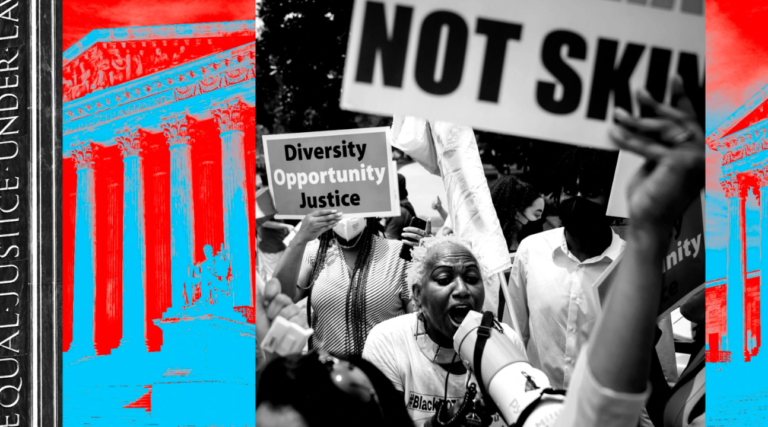
Within 24 hours, two rulings from the nation’s highest court—one striking down the use of race-conscious college admissions, and the second gutting Biden’s student debt cancellation plan—rolled back years of progress towards greater economic justice and educational opportunity for students of color.
In these rulings, the Supreme Court has all but ensured the deepening of racial wealth inequality by undoing the chance to erase debt held disproportionately by Black Americans, and also decreasing access for students of color to elite US colleges—and the financial opportunity they can offer their graduates.
Biden’s student debt relief plan would have cancelled up to $10,000 in debt for low- and middle-income borrowers, and double that amount for borrowers from the poorest backgrounds. This plan would have zeroed out the debts held by about 45 percent of Black borrowers, increasing their wealth by up to 40 percent.
Read the story on Mother Jones
SCOTUS just put LGBTQ families like mine in more danger
Speaking Of...

Lily Moore-Eissenberg is a student at Yale Law School.
The Court’s decision in 303 Creative v. Elenis carves out a new exception to civil rights laws that prohibit discrimination in the public marketplace. A Christian website designer challenged the Colorado Anti-Discrimination Act, arguing that the law would violate the First Amendment by requiring her company to offer the same services — in this case, custom wedding websites — to people of all sexual orientations.
The court has now endorsed that argument, holding that the First Amendment exempts 303 Creative from Colorado’s requirement because the company offers “expressive” and “customized” services. As Justice Sonia Sotomayor wrote in her dissent, this is the first time the court has granted “a business open to the public a constitutional right to refuse to serve members of a protected class.” This free-speech exemption applies to civil rights laws across the country. It potentially allows a wide range of businesses to discriminate in the name of expression.
Last fall, for my first major assignment in law school, I wrote a mock brief for the respondent’s side in 303 Creative, defending the Anti-Discrimination Act as if I were the attorney representing Colorado. I thought the project might feel personal, but I didn’t expect it to bring up buried family memories.
I have two moms, one a musician, the other a professor and ordained minister.
Read the story on NY Times




